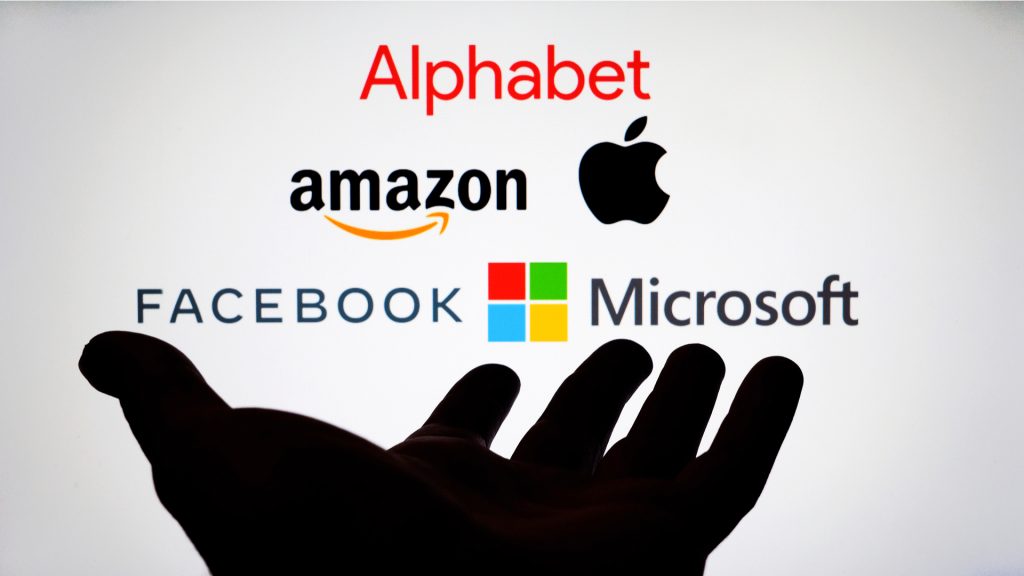Physical Address
60 Ekwema Cres, Layout 460281, Imo
Physical Address
60 Ekwema Cres, Layout 460281, Imo

Nigeria has successfully generated more than ₦600 billion in VAT from foreign digital service providers like Facebook, Amazon, and Netflix. This is a big achievement for the country, showing how it is now able to collect taxes from big foreign companies that have been offering services to Nigerians online. Mr. Mathew Osanekwu, the Special Adviser to the Chairman of the Presidential Committee on Fiscal Policy and Tax Reforms on Tax Policy, shared this news during a workshop for journalists in Abuja. He explained that this amount is a sign of how Nigeria is making progress in earning tax money from foreign businesses that operate in its digital space.
Before now, many foreign digital companies provided services to Nigerians but did not pay any VAT to Nigeria. However, changes made to the VAT law have now changed this situation. Under the new rules in Section 10 of the VAT Act, foreign companies that are not based in Nigeria but serve Nigerian customers have to collect VAT from those customers and send the money to Nigeria’s tax agency. According to Osanekwu, these foreign digital services are licensed to be VAT collectors in Nigeria. Because of this, Nigeria VAT generation from foreign digital service providers has reached over ₦600 billion.
Read Next: Zoho Nigeria’s Growth Slowed to 74.28% in 2024 from 83.68% in 2023
This huge amount shows how many Nigerians use foreign digital platforms for shopping, watching movies, advertising, and other services. Many of these businesses were not paying tax before, even though they have millions of users in Nigeria. With the new reforms, VAT from foreign digital service providers is being collected directly, helping Nigeria get more money from its growing digital economy.

At the same event, the government also cleared up rumors about new taxes under President Bola Tinubu’s administration. Professor Taiwo Oyedele, who leads the Presidential Committee on Fiscal Policy and Tax Reforms, said clearly that there are no new taxes being introduced. Instead, the government is working on making the tax system better by fixing and combining existing taxes, and making it easier for people to follow the rules. Oyedele said some taxes that people think are new, like the 5% fuel levy, were already part of the law before this government took over.
He also mentioned that President Tinubu had stopped some taxes that were introduced at the end of the previous government. For example, some excise taxes on plastics and cars were removed to make things easier. Oyedele noted that a tax called the Cybersecurity Levy is also not new; it was introduced years ago, before the current government.
Big tax reforms will start in January 2026 to help grow Nigeria’s tax system. These reforms aim to bring in more taxpayers and make sure everyone pays fairly. Right now, Nigeria’s tax to GDP ratio is about 10.8%, which is less than the African average of 16% and much lower than the global target of 30%. The new system will give relief to people who earn less money. For example, people who make below ₦800,000 yearly will not pay personal income tax. Small businesses making less than ₦100 million a year will also pay no corporate tax.
The reforms will make taxes fairer by asking wealthy people and big companies to pay more but in a simple and clear way. The government plans to combine some taxes that overlap and make sure the money collected goes to real development projects. This will help taxpayers understand better how their money is spent and make paying taxes less difficult.
Read Next: Moroccan e-commerce Startup Justyol has Secured $1m Funding to Drive Regional Growth
The ₦600 billion collected from VAT from foreign digital service providers is just one part of these bigger tax changes. By allowing companies like Facebook, Amazon, and Netflix to collect VAT in Nigeria, the country is following international rules and closing gaps where money was lost before. This is an important step to reduce Nigeria’s heavy dependence on oil money and help the economy grow steadily.
Now that VAT from foreign digital service providers is counted, the government is making sure that everyone who does business in Nigeria, even foreign digital companies, contributes fairly. This shows Nigeria’s steady progress in building a stronger economy through better tax collection and fairer tax rules.
Was this information useful? Drop a nice comment below. You can also check out other useful contents by following us on X/Twitter @siliconafritech, Instagram @Siliconafricatech, or Facebook @SiliconAfrica.